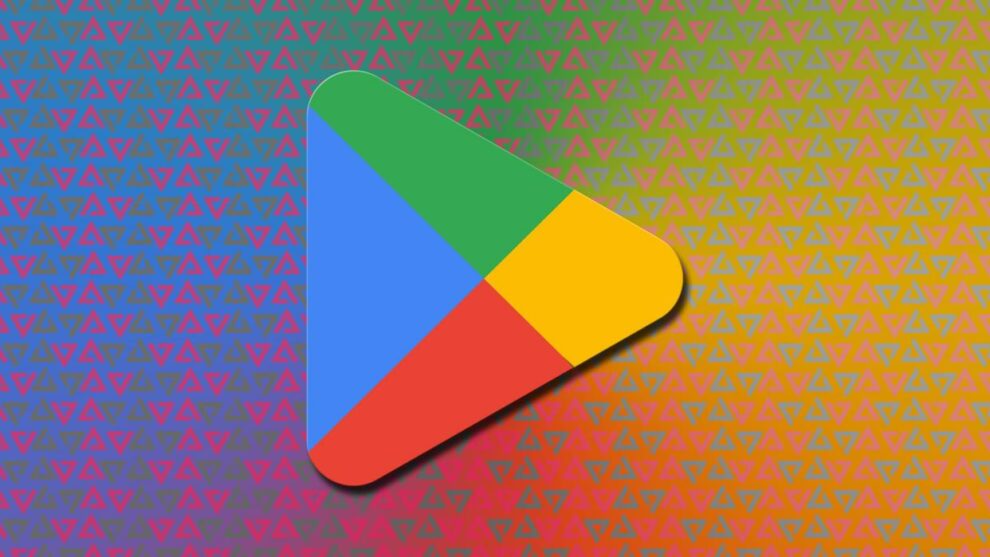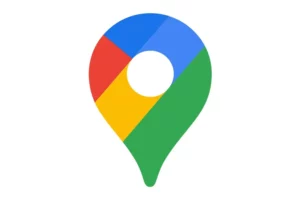A significant change appears to be brewing in the Google Play Store that could dramatically affect how more than 2.5 billion users discover and access applications. Recent code analysis has revealed Google’s plans to implement a new filtering system that could potentially hide apps that link to external applications, raising questions about the motivation behind this substantial platform modification.
The revelation comes from a detailed examination of the Google Play Store app version 43.7.19-31’s APK code, conducted by Android Authority’s investigative team. This discovery has sparked widespread interest in the technology community, as it could impact the visibility of many apps among the store’s vast collection of 2.25 million applications.
The uncovered feature appears to be designed as an optional filter that would remove certain apps from both search results and recommendations based on their connections to external applications. However, the specifics of how these connections will be determined and the exact criteria for filtering remain unclear, leaving both users and developers with numerous questions about the potential impact on app discovery and distribution.
The timing of this development is particularly intriguing given Google’s ongoing efforts to enhance security across its platforms. The Play Store, as one of Google’s most widely-used services, has traditionally placed security at the forefront of its feature developments. However, the optional nature of this new filter has led to speculation about its true purpose, as security measures typically come as mandatory implementations rather than user-controlled options.
Security experts have noted that the redirect to external apps is a common technique used by malicious actors, making it a potential security concern. Yet, the implementation as an optional filter rather than a mandatory security measure has raised eyebrows among industry observers. This approach seems to contradict traditional security implementations, where such protective measures would typically be enforced across the platform rather than left to user discretion.
The absence of supporting documentation or developer guidelines regarding this feature adds another layer of mystery to its intended purpose. Typically, when Google implements significant security-related changes, they are accompanied by clear developer documentation and specific consequences for non-compliance. The lack of such documentation suggests this feature might serve a different purpose altogether.
The potential implementation of this filter comes at a time when app stores face increasing scrutiny over their roles as gatekeepers of digital distribution. The ability to filter out apps based on their external connections could have far-reaching implications for how developers design their applications and how users interact with interconnected app ecosystems.
For developers, this change could necessitate a reassessment of how their apps interact with other applications, potentially leading to significant modifications in app design and functionality. The impact could be particularly significant for apps that rely on integration with external services or applications as part of their core functionality.
From a user perspective, the optional nature of the filter suggests Google might be attempting to provide more granular control over app discovery, allowing users to customize their app store experience based on personal preferences. This approach aligns with broader industry trends toward giving users more control over their digital experiences while maintaining platform security.
The significance of this potential change cannot be understated, given the Play Store’s massive user base and its role as the primary source of Android applications. Any modification to how apps are discovered and presented could have substantial implications for both app developers and users, potentially reshaping the Android app ecosystem.
While Google has not yet provided official commentary on this discovered code, the technology community eagerly awaits clarification on the purpose and implementation of this feature. The lack of official documentation or announcement leaves room for speculation about whether this feature will make it to production and, if so, how it might evolve before release.
As the story develops, the key question remains: what is Google’s ultimate goal with this new filtering system? Whether it’s a security measure, a user experience enhancement, or something entirely different, the implementation of this feature could mark a significant shift in how billions of users interact with the Google Play Store and discover new applications.
Until Google provides official clarification or releases the feature to users, the technology community can only speculate about the potential implications of this significant platform modification. What’s clear is that any changes to the Play Store’s functionality could have far-reaching effects on the broader Android ecosystem and the billions of users who rely on it daily.
















Add Comment